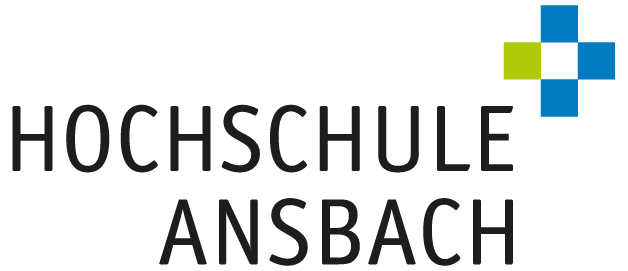Talent development from a learning resource perspective: Testing the law of the minimum
Abstract
Systemic and learning resource-oriented talent development emphasizes interplays of resources such as the law of the minimum, which states that the least resource limits talent development. In the present study, 1693 Sudanese students completed the Questionnaire for Educational and Learning Capital. First, the factorial validity was confirmed. Subsequently, four hypotheses regarding the law of the minimum were tested and partially confirmed: (1) The minimum of exogenous learning resources (in the environment of the students) explained substantial proportions of the variance of endogenous learning resources (within the students). (2) The minimum exogenous resource explains a similar amount of variance within endogenous learning resources than a mean of several minimum scores. (3) Additional compensation possibilities did explain significantly more variance of the endogenous resources than just the law of the minimum. (4) In line with the law of the minimum paradox, a cluster analysis identified a group of students with higher correlated learning resources (less well adapted system) than a second group of students. The results are discussed to encourage further research into systemic interplays of learning resources and ideas toward a systemic gifted and talented education.
mehrMehr zum Titel
| Titel | Talent development from a learning resource perspective: Testing the law of the minimum |
|---|---|
| Medien | High Ability Studies |
| Verlag | Taylor & Francis |
| Heft | 2 |
| Band | 36 |
| Verfasser | Dr. Nick Naujoks-Schober, Salaheldin Farah Bakhiet, Anas Ibrahim Altuwaijri, Wilma Vialle, Yossry Ahmed Sayed Essa, Albert Ziegler |
| Seiten | 151–171 |
| Veröffentlichungsdatum | 24.10.2025 |
| Zitation | Naujoks-Schober, Nick; Bakhiet, Salaheldin Farah ; Altuwaijri, Anas Ibrahim ; Vialle, Wilma; Essa, Yossry Ahmed Sayed; Ziegler, Albert (2025): Talent development from a learning resource perspective: Testing the law of the minimum. High Ability Studies 36 (2), 151–171. DOI: 10.1080/13598139.2025.2575761 |
